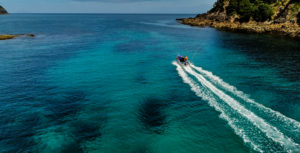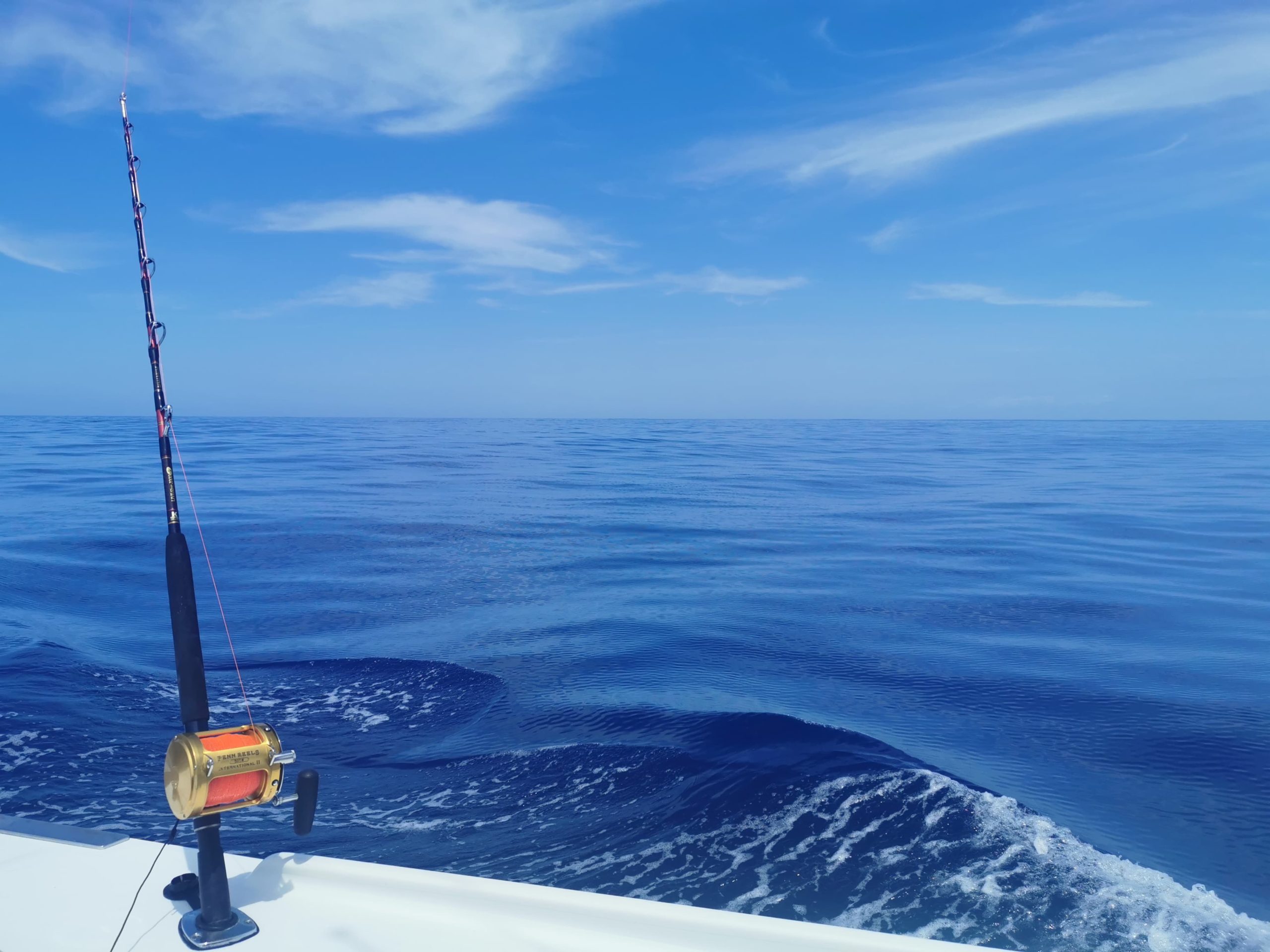FAQs
All FAQs |
Customary Fisheries | Fisheries Management | maximum sustainable yield | QMS | Economics | Fishing | Rescue Fish | Environment | Fishing methods | Recreational Fishing | Fishcare | customary | Kahawai | Reform scam | Baitfish | Scallops | Crayfish | WRC decision | Marlin | Reef fish
August 23, 2018
The Gurnard 2 policy is a document developed by the New Zealand Sport Fishing Council and it applies to the area between East Cape and Wellington. LegaSea is promoting this policy as a way of providing future generations the fishing opportunities and marine resources we so gratefully inherited. Gurnard used to be a staple recreational ... Read more.
 August 23, 2018
Has the government leased out the area off upper North Island to enable commercial fishers to take sardines and mackerel with no limits? LegaSea comments No. Sardine-Pilchard The sardine we have in New Zealand is commonly called Pilchard. They were bought into the Quota System about 10 years ago. The New Zealand Sport Fishing Council ... Read more.
August 23, 2018
LegaSea believes the ‘land-all catch’ policy proposed by Fisheries New Zealand fails to achieve its primary purpose – that landed commercial catch will equate to what is actually caught at sea. This is a misdirected attempt at curbing the damage inflicted by inshore trawlers. Our latest submission on a land-all catch policy was made in ... Read more.
August 23, 2018
A land-all catch policy is variously promoted as a way of reducing recreational fishing activity and related mortality, assuming that once the bag limit is caught the person will stop fishing. There are good reasons why LegaSea does not support a land-all catch policy being applied to recreational fishing, including the following – People will ... Read more.
August 23, 2018
Specific restrictions on commercial fishing apply in many parts of the Bay of Islands. Some restrictions apply only to the southern areas of the Bay, others regulations apply to the whole inner Bay of Islands. A rahui, customary management area, applies in Maunganui Bay, around the sunken wreck the Canterbury and Deep Water Cove in ... Read more.
August 23, 2018
In 2014 the Ministry for Primary Industries answered a range of questions relating to the charter boat reporting scheme. In this document they discuss what species must have their catch reported, why those species were chosen and what areas those reporting requirements apply to. We do not have an updated copy of questions and answers ... Read more.
August 23, 2018
Prior to modern fishing fisheries were assumed to be at around 100% of virgin stock size. Industrial fishing reduced many inshore fish stocks to very low levels. A stock size of 40% of the unfished size (B40) is the contemporary estimate of the stock size that will produce the maximum sustainable yield (MSY). B40 is ... Read more.
August 23, 2018
There is a small area at the north end of Bream Bay that prohibits purse seine nets. This area runs from Busby Head at the Whangarei Harbour entrance to about half way between Marsden Point and the Ruakaka River mouth. Trawl and Danish seine nets are excluded from a much larger area in the inner ... Read more.
August 23, 2014
The Crayfish 3 policy is a document developed by the Gisborne Tatapouri Sports Fishing Club and the New Zealand Sport Fishing Council in 2014. It is aimed at increasing the size and abundance of crayfish in the eastern region. The policy applies on the North Island’s southeast coast, from the area south of East Cape ... Read more.
May 22, 2020
The Rescue Fish policy and background material were sent to the Prime Minister and Ministers for Maori Crown Relations: Te Arawhiti, Finance, Environment and Fisheries on 24 April 2020. A discussion with the Minister of Fisheries Stuart Nash was due in early May. Presentations were made earlier in 2020 to the Labour Party Maori Caucus; ... Read more.
August 23, 2018
Has the government leased out the area off upper North Island to enable commercial fishers to take sardines and mackerel with no limits? LegaSea comments No. Sardine-Pilchard The sardine we have in New Zealand is commonly called Pilchard. They were bought into the Quota System about 10 years ago. The New Zealand Sport Fishing Council ... Read more.
August 23, 2018
LegaSea believes the ‘land-all catch’ policy proposed by Fisheries New Zealand fails to achieve its primary purpose – that landed commercial catch will equate to what is actually caught at sea. This is a misdirected attempt at curbing the damage inflicted by inshore trawlers. Our latest submission on a land-all catch policy was made in ... Read more.
August 23, 2018
A land-all catch policy is variously promoted as a way of reducing recreational fishing activity and related mortality, assuming that once the bag limit is caught the person will stop fishing. There are good reasons why LegaSea does not support a land-all catch policy being applied to recreational fishing, including the following – People will ... Read more.
August 23, 2018
Specific restrictions on commercial fishing apply in many parts of the Bay of Islands. Some restrictions apply only to the southern areas of the Bay, others regulations apply to the whole inner Bay of Islands. A rahui, customary management area, applies in Maunganui Bay, around the sunken wreck the Canterbury and Deep Water Cove in ... Read more.
August 23, 2018
In 2014 the Ministry for Primary Industries answered a range of questions relating to the charter boat reporting scheme. In this document they discuss what species must have their catch reported, why those species were chosen and what areas those reporting requirements apply to. We do not have an updated copy of questions and answers ... Read more.
August 23, 2018
Prior to modern fishing fisheries were assumed to be at around 100% of virgin stock size. Industrial fishing reduced many inshore fish stocks to very low levels. A stock size of 40% of the unfished size (B40) is the contemporary estimate of the stock size that will produce the maximum sustainable yield (MSY). B40 is ... Read more.
August 23, 2018
There is a small area at the north end of Bream Bay that prohibits purse seine nets. This area runs from Busby Head at the Whangarei Harbour entrance to about half way between Marsden Point and the Ruakaka River mouth. Trawl and Danish seine nets are excluded from a much larger area in the inner ... Read more.
August 23, 2014
The Crayfish 3 policy is a document developed by the Gisborne Tatapouri Sports Fishing Club and the New Zealand Sport Fishing Council in 2014. It is aimed at increasing the size and abundance of crayfish in the eastern region. The policy applies on the North Island’s southeast coast, from the area south of East Cape ... Read more.
May 22, 2020
The Rescue Fish policy and background material were sent to the Prime Minister and Ministers for Maori Crown Relations: Te Arawhiti, Finance, Environment and Fisheries on 24 April 2020. A discussion with the Minister of Fisheries Stuart Nash was due in early May. Presentations were made earlier in 2020 to the Labour Party Maori Caucus; ... Read more.


